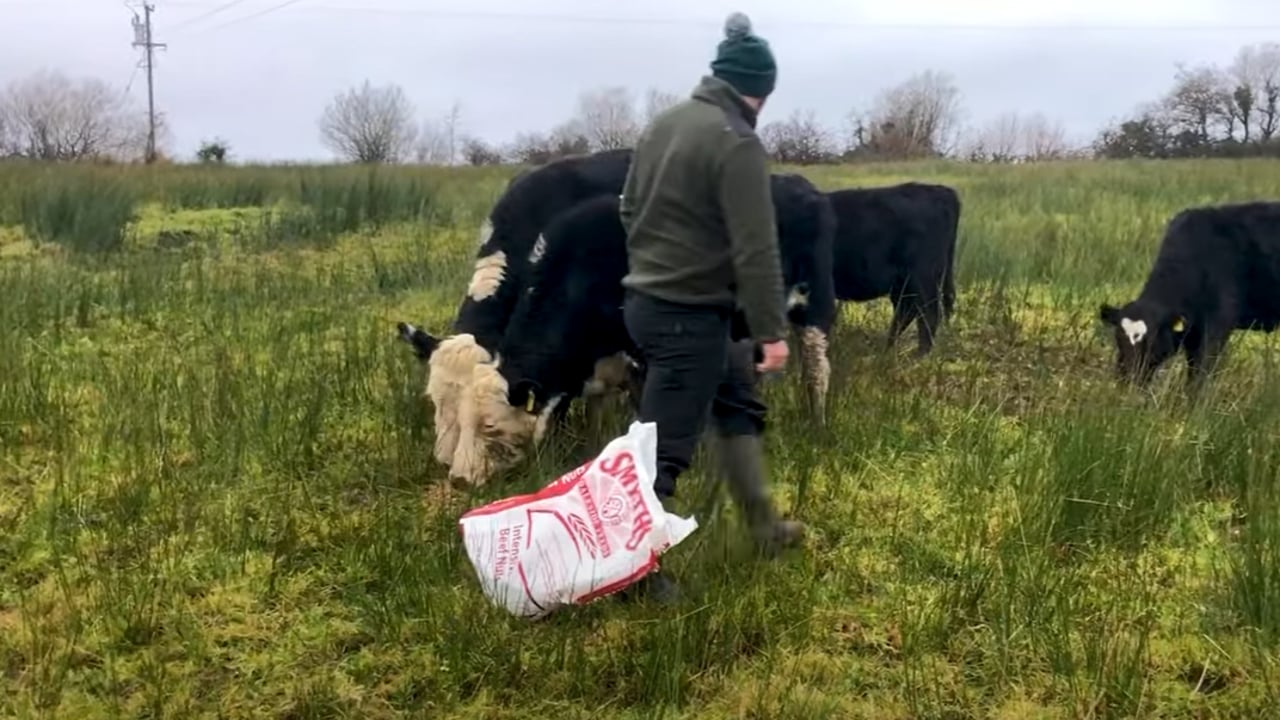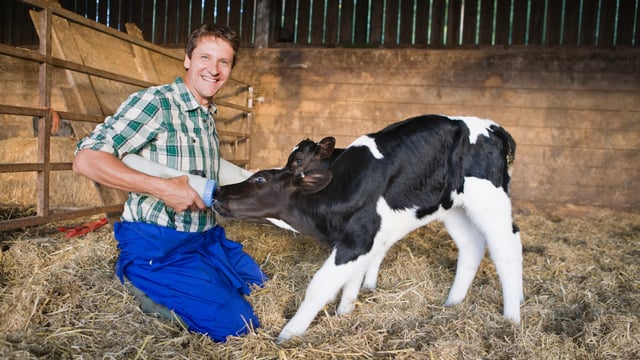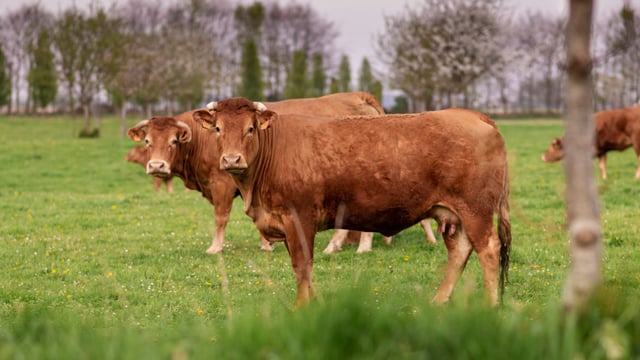Liver fluke remains a concern in cattle herds and sheep flocks
Liver fluke is often associated with wet, heavier-type land and, despite 2025 being a relatively good year to date, farmers are being remined that the risk of a liver fluke outbreak in cattle or sheep remains.
The arrival of rain and wetter ground conditions in many parts of the country brings with it a higher risk of an outbreak as the parasite's intermediate host, the mud snail, thrives in soft and muddy ground conditions that is traditionally associated with high prevalence rates of the disease.
As always, prevention is better than cure and where possible, avoiding grazing wet, heavy areas of ground can reduce the risk of a fluke outbreak.
Clinical signs of liver fluke in cattle or sheep can include weakness, weight loss, scour, and anaemia, and very heavy infections can result in the death of animals.
Where farmers are concerned about the presence of liver fluke, it is advised to contact a veterinary practitioner for advice on the best course of action.
According to Animal Health Ireland (AHI), dung and blood tests can help farmers make informed decisions on grazing and treatment plans for liver fluke.
AHI also reminded farmers that not all flukicides are effective against all life stages of fluke and where treating, farmers should discuss which to use with their vet.
Liver fluke treatment
It takes three months for fluke to develop in the liver of livestock and it is of utmost importance to understand which stage you are treating, according to the College of Agriculture, Food and Rural Enterprise (CAFRE) beef and sheep adviser Jonathan Brown.
He explained that in the first month liver fluke are called ‘early immature’, in the second month they are called ‘immature’; and in the third month, they are known as ‘adults’.
"By dosing for fluke at the time of housing, you will potentially only kill off the adult fluke; however, by waiting for approximately six weeks after housing. treatment will be much more effective," he said.
"Products which are triclabendazole-based will kill all stages of fluke. However, cases of resistance to these products are becoming common due to overuse."











